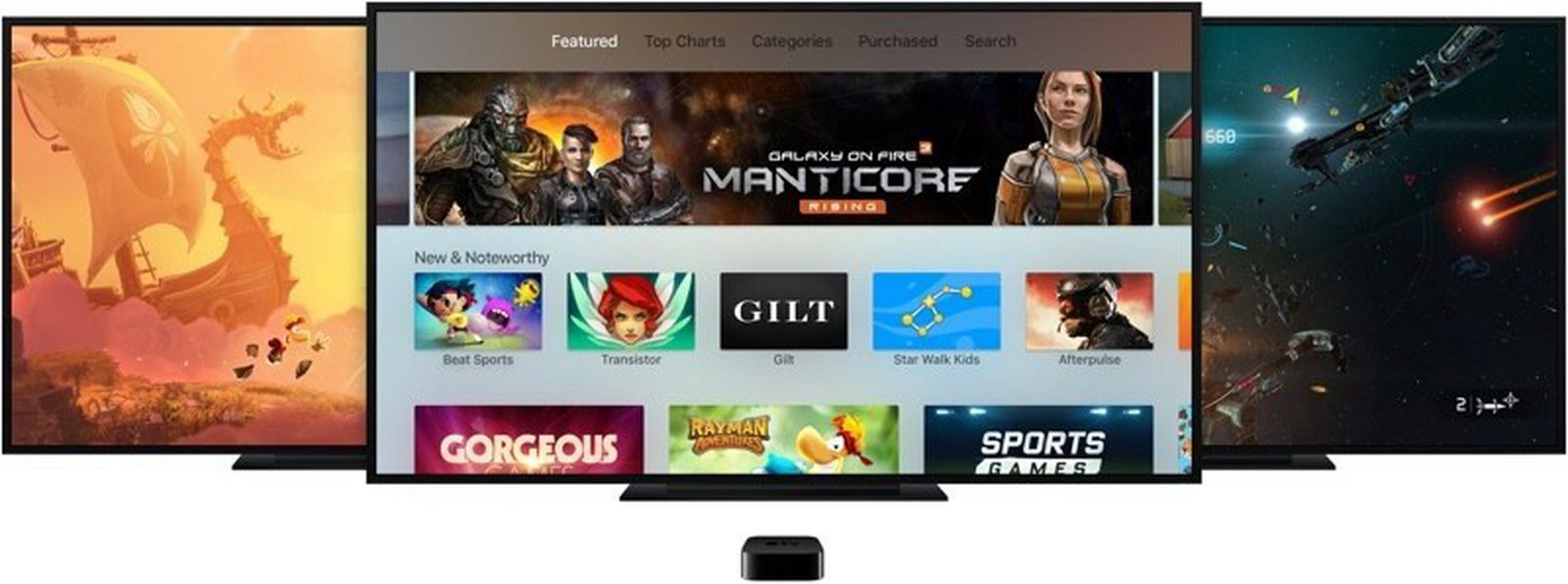But who sets the requirements? Apple. It’s like the reader category. Apple gerrymandered a guideline to ensure apps like Netflix and Spotify wouldn’t leave their platform. Apple knew what apps needed to be exempted from their IAP rules so they created a guideline that could fit just those apps.
This is what Tim Cook said in his opening statement:
I‘m not sure what he means by “the money they make”. If it’s a paid app Apple would get a cut of the app purchase. If it’s a free app with ads or other IAP Apple would get a cut whenever someone uses IAP. Perhaps it’s related to the comment Apple PR gave to the NY Times that Airbnb has never paid Apple any money. Why would Apple say this unless deep down the execs believe the company deserves a cut of all commerce that happens on an iOS device.
As far as “the developer acquires a customer on an Apple device and features or services would be experienced and consumed on an Apple device”. OK how does one determine a customer was acquired on an Apple device? The only way one can get apps on their iOS device is via the App Store so even if you hear about an app or service elsewhere you have to use the App Store to download it. And that statement isn’t really factually correct because of the reader app rule Apple implemented so Spotify, Netflix, Amazon etc. wouldn’t have to pay Apple a commission.
Apple keeps comparing to when people purchased software at B&M stores. Were B&M stores getting a commission on subscription services or just a cut of the initial purchase? I think it’s absolutely right and just for Apple to say you can’t be in our store for free. But that’s completely different than saying we want a cut of your business. And that argument doesn’t really square with 84% of apps in the store are free/freemium. I’d rather every app have to pay something to be in the store and have it be based on the actual costs of running the store (and any promotion in the App Store) and not we’re going to take 30% of your revenue stream just because.
Ads
Lots of free apps just make money on ads.
Store apps like Amazon or Best Buy also make all their own money without giving a cut.
Any apps where the subscribers don’t sign up through the app (like Netflix or Creative Cloud) don’t give a cut.
what I don’t get is why you don’t think Apple is entitled to make profit from its app ecosystem. Most of these app developers would not exist if Apple did not create the App Store. Apple has spent tremendous amounts of money and time building a premium ecosystem that people willingly pay to be a part of. It‘s not as if Apple was guaranteed success. When the iPhone launched they were just a little fish.
Imagine if some tiny company went to a big company and demanded their customer list and all their business contacts. a great example would be a talent agency or a law firm. This would be akin to demanding their client list because they referred a few customers to you.
Apple also spends tons of money building and creating better and more efficient APIs and dev tools. There’s no way the $100 a year per dev covers it.
Also remember none of these companies were forced to develop iOS apps nor were they forced to agree to the terms, but they all did. They did so because it was beneficial of them to do so. Apples cut has never changed.
I feel like people have totally forgotten what kinda back room deals Microsoft was doing to get itself in trouble, it wasn’t just a matter of bundling IE, but also leveraging their relationships with OEMs and component manufacturers into actively not supporting competitors.
It’s not as if Apple is engaging in practices such as blocking developers at the request of other “more valuable” developers or anything. They aren’t leveraging anyone. And while they all may be complaining, they all continue to make iOS apps, and I highly doubt every single app developer is operating at a loss. Lots and lots of app companies turn plenty of profits. If you think this is about fairness and not simply one side making a cash grab while the other refuses to give up its profits or decade long established pricing you are delusional.
There are totally antitrust cases to made against Apple, for example Spotify has a much better case as Apple has come to directly compete with them. Epic and Apple are only in a mutually beneficial relationship. This is simply the largest viable opportunity Epic has to massively increase their margins as Fortnite itself has only so much earning potential.


